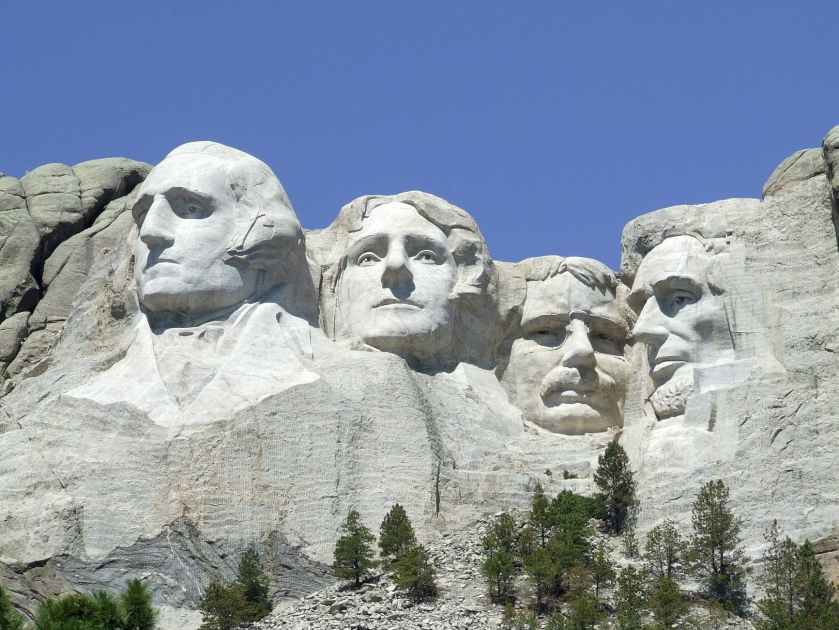
Off and on over my lifetime as a historian, I’ve researched the collected papers of each of the four men whose visages are sculpted on the side of that South Dakota mountain. Yes, they were flawed men – as all humans are – and they were the products of their time too. They were each raised – and judged – according to the prevailing morals, life views, and perceptions of what was considered “socially acceptable” during their lifetimes.
We have a pantheon of presidents – and many of them with far fewer flaws.
But what actually landed these four faces on that rock was that each of these men stepped out of the anonymity of his times and became a giant in our nation’s history. Each faced a crisis or made historic decisions while leading our nation, and if any one of them had acted or had chosen differently, our existence and/or the structure of the United States today would be dramatically different.
American sculptor, Gutzon Borglum identified them this way: George Washington, as the first president, was the trend-setter. He founded the traditions of the American presidency and our nation’s leadership principles. His approach to governance, right down to the number of terms he served, was copied and emulated until tradition became law.
Our third president, Thomas Jefferson‘s contribution – aside from his early authorship of our Declaration – was the growth of this nation from “sea to sea” with his authorization for the Louisiana Purchase, as well as his selection of Meriwether Lewis to form an expedition and explore the lands that comprised the Purchase.
Theodore (Teddy) Roosevelt was the twenty-sixth president when America experienced explosive economic growth as it entered the 20th Century. He negotiated the construction of the Panama Canal, linking the east and the west, and he legally and legislatively attacked large corporate monopolies (“trust busting”) to encourage the diversification, innovation, and product guidelines that ensured solid economic development and protected the rights of the common working man and the health of the American consumer.
Last (and facing the same direction as Washington) is our sixteenth president, Abraham Lincoln. Borglum believed Lincoln and Washington were the most significant leaders of this country – more so than the others. One was the trend-setter that set the template for being a president, and the other ended the scourge of slavery, preserved the UNITED in the United States by winning the only civil war we’ve ever had – and advocated peace with dignity and without revenge.
Each of these men was committed – mind, body and soul – to the concept of governance called “Democracy”, where the average, everyday citizen (as that group was defined during their individual lifetimes) had a say in our unique government – as Abraham Lincoln so brilliantly phrased it – “of the people, by the people, for the people“.
Now we, the citizens of this unique and precious country – because of the lying narcissist that was our previous leader – again face a fractured nation and an uncertain future. The legislators and leaders we choose in the coming 2022 and 2024 elections are going to be the men and women who will either save this country – or destroy it. The decisions they’ll face, and the actions they’ll take will determine what happens to all of us – both as a country and as a planet.
Americans, we need to make wise, independent choices over the next four years – not choices that conform to a popular standard or a fear-of-the-crowd commitment.
Here are some some points to consider from those four men, as we face these upcoming key moments in our lives.
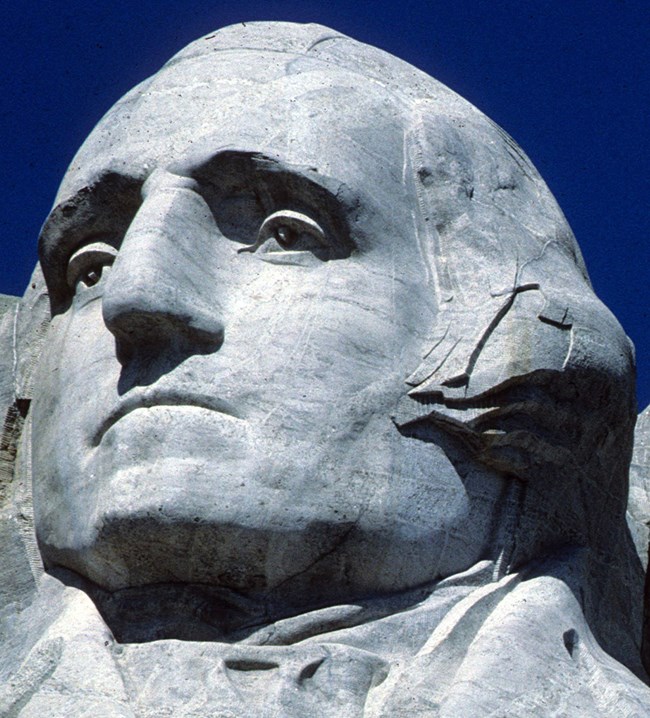
George Washington, First President of the United States
“However [political parties] may now and then answer popular ends, they are likely in the course of time and things, to become potent engines, by which cunning, ambitious, and unprincipled men will be enabled to subvert the power of the people and to usurp for themselves the reins of government, destroying afterwards the very engines which have lifted them to unjust dominion.“ ~ George Washington
Other places to learn more about George Washington:
George Washington Birthplace National Monument
The White House – Presidents – George Washington
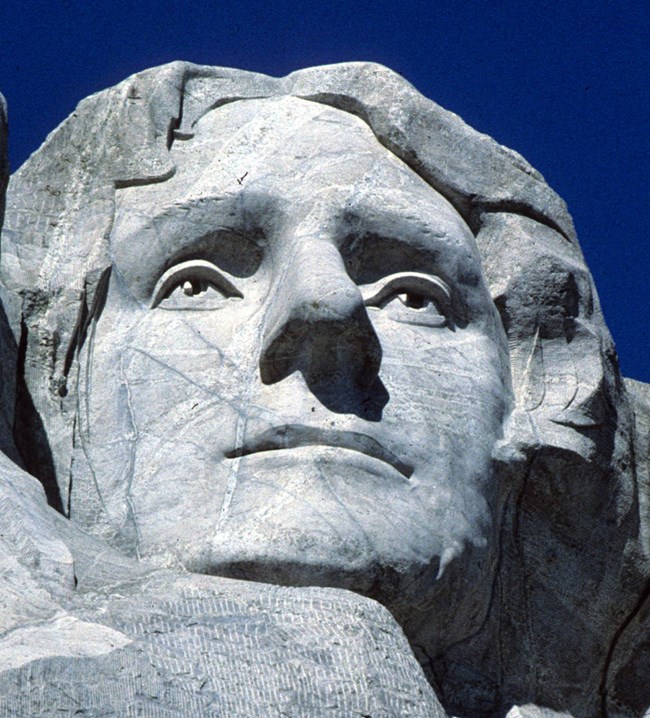
Thomas Jefferson, Third President of the United States
“We act not for ourselves but for the whole human race. The event of our experiment is to show whether man can be trusted with self – government.” ~ Thomas Jefferson
Other places to learn more about Thomas Jefferson:
Thomas Jefferson Memorial National Memorial
Jefferson National Expansion Memorial National Memorial
The White House – Presidents – Thomas Jefferson
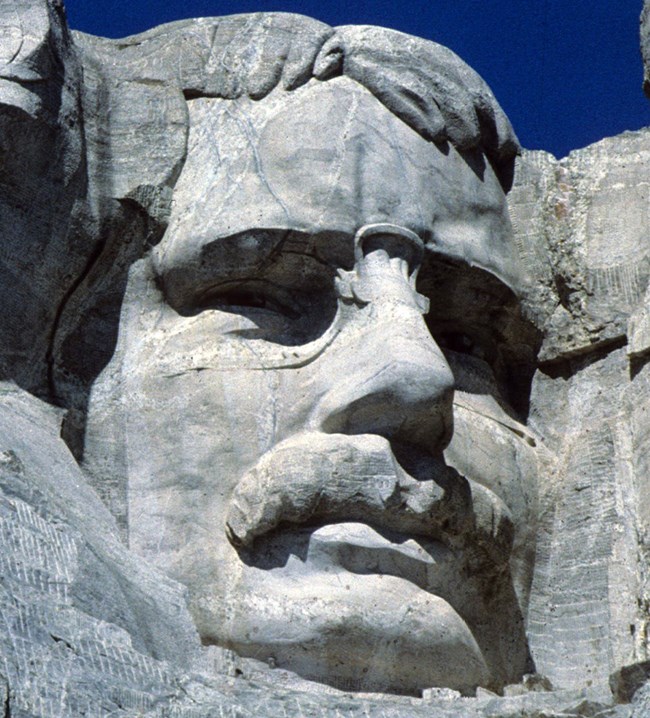
Theodore Roosevelt, Twenty-sixth President of the United States
“We must also ever bear in mind that the great end in view is righteousness, justice as between man and man, nation and nation, the chance to lead our lives on a somewhat higher level, with a broader spirit of brotherly good will one for another.” ~ Theodore Roosevelt
Other places to learn more about Theodore Roosevelt:
Theodore Roosevelt Birthplace National Historic Site
Theodore Roosevelt Inaugural National Historic Site
The White House – Presidents – Theodore Roosevelt
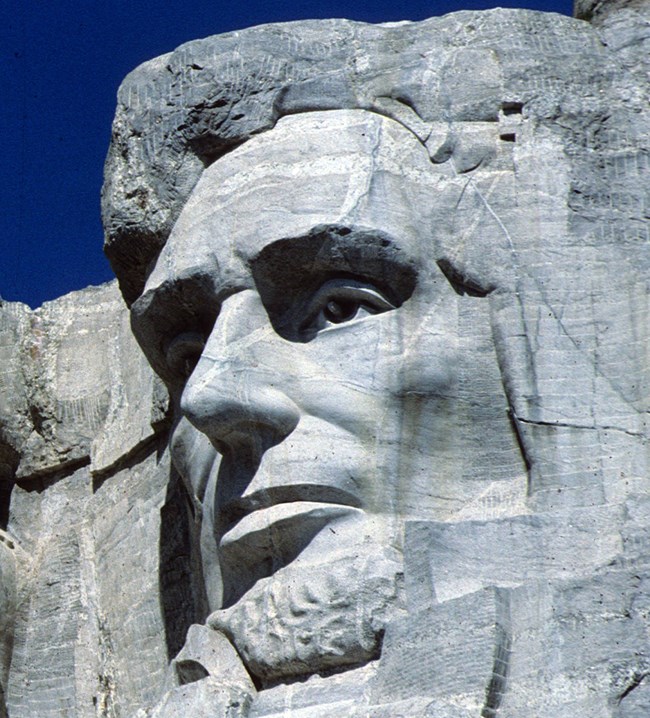
Abraham Lincoln, Sixteenth President of the United States
[Speaking to the rebelling Americans]: “Your purpose, then, plainly stated, is, that you will destroy the Government, unless you be allowed to construe and enforce the Constitution as you please, on all points in dispute between you and us. You will rule or ruin in all events.” ~ Abraham Lincoln
Other places to learn more about Abraham Lincoln:
Abraham Lincoln Birthplace National Historical Park
Lincoln Home National Historic Site
Lincoln Memorial National Memorial
The White House – Presidents – Abraham Lincoln
Conclusion
Perhaps the sculptor was a racist. Perhaps some of these men did own slaves, and perhaps all of them felt my ancestors – Native Americans – were problems to be pushed aside in some form or fashion. Yes, they were flawed human beings, but each of those men on that mountain also dared to stand against the prevailing opinion or popular behavior of his era in order to meet the challenge, resolve the crisis, or make the tough decisions necessary to maintain our country for all of us who are fortunate to live here today.
But, at the same time, each one of them understood that there were immediate, as well as long term ramifications for every decision they made, and every act they committed.
Perhaps we should listen to these voices from the mountain.
Food for thought.
Mac
Works Cited
[1] Malanson, Jeffrey J. (2015) Addressing America: George Washington’s Farewell and the Making of National Culture, Politics, and Diplomacy, 1796–1852. Kent, OH: Kent State University Press.
[2] Jefferson, Thomas. “Letter to Edward Carrington – January 16, 1787.” The Papers of Thomas Jefferson, vol. 11, 1 January–6 August 1787, ed. Julian P. Boyd (1955). Princeton, NJ: Princeton University Press. pp. 48–50.
[3] Roosevelt, Theodore. Speech to the Nobel Prize Committee – 1910. Theodore Roosevelt Birthplace National Historic Site.
[4] Lincoln, Abraham. “Address at Cooper Institute, New York City – February 27, 1860”. Collected Works of Abraham Lincoln, Vol. 2. Roy P. Basler, et al. eds. (1953). New Brunswick, N.J.: Rutgers University Press. pp. 523-551.

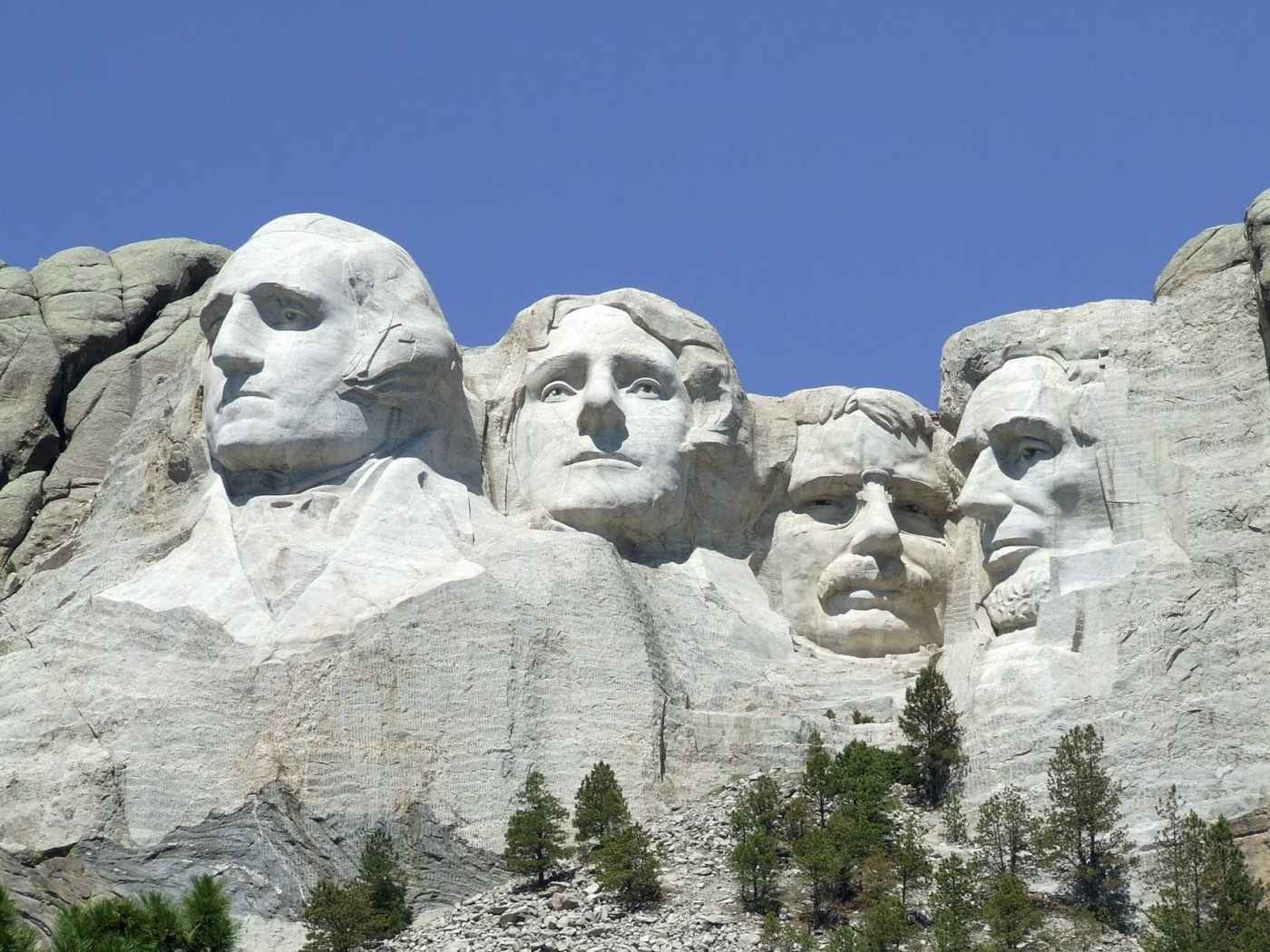
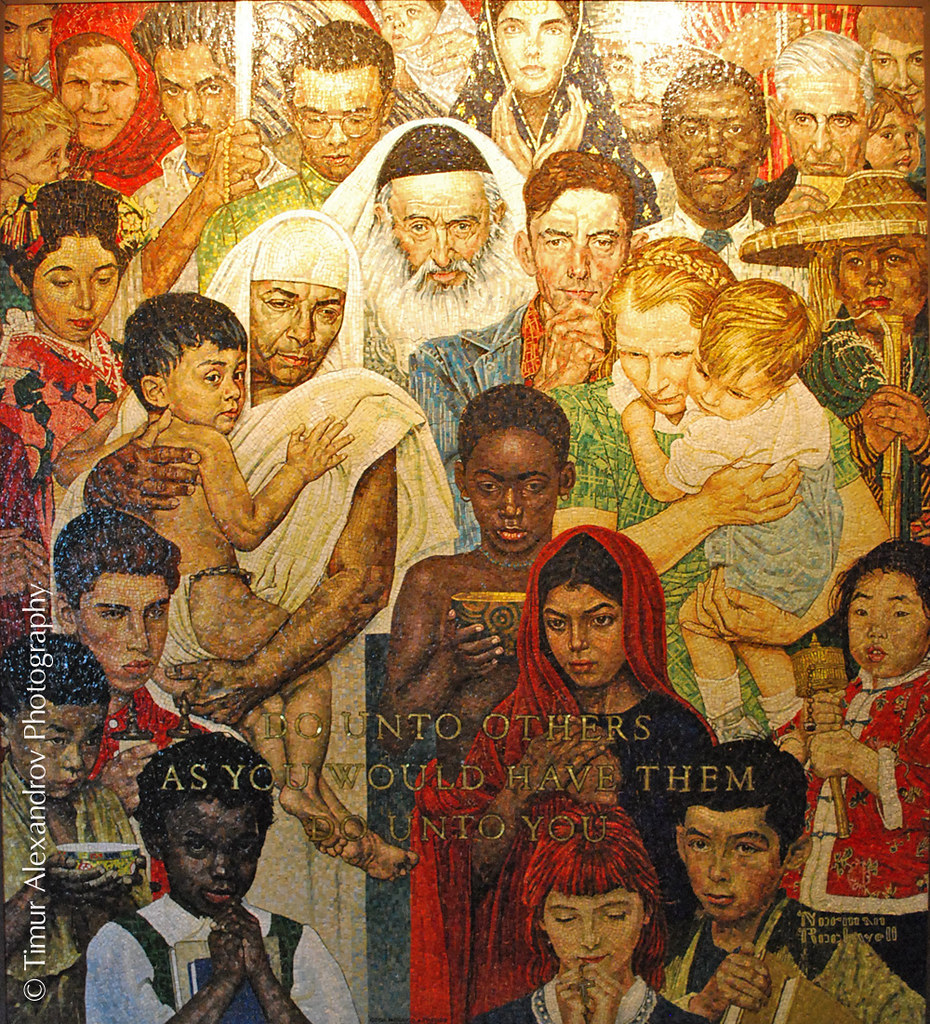
Leave a comment